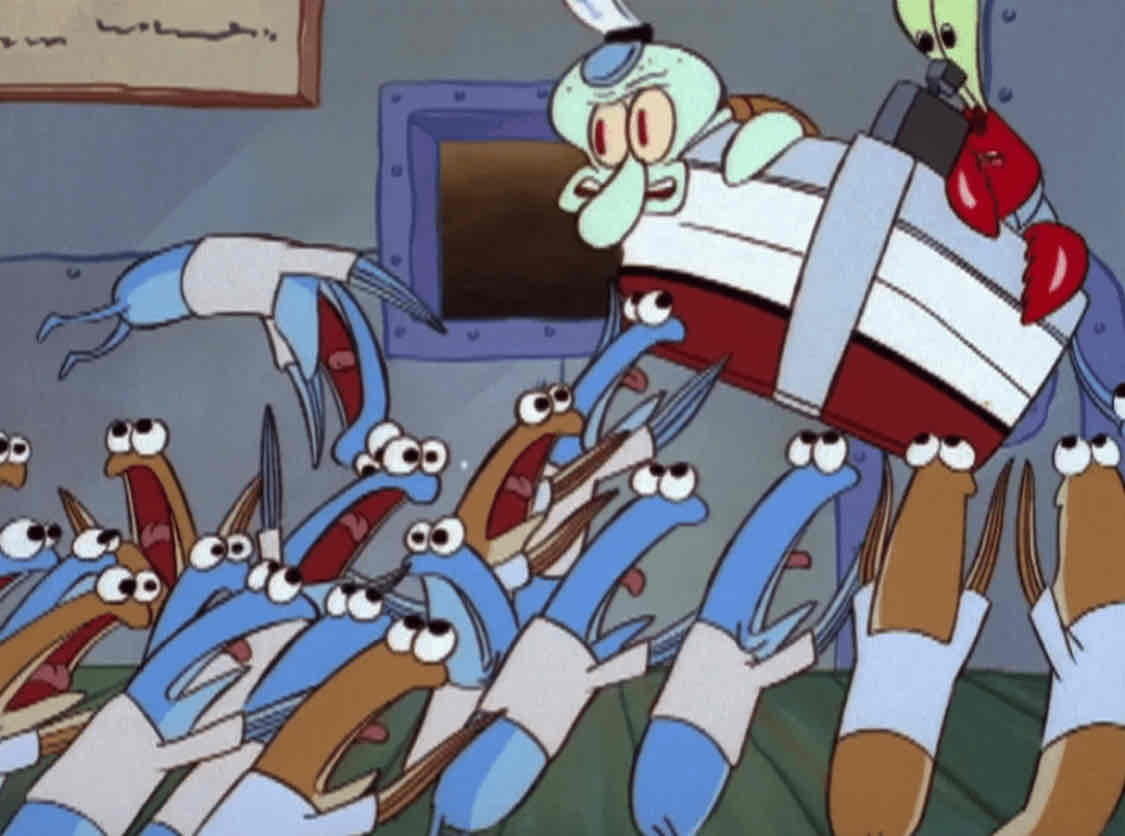

This is an excellent point, thank you. I think this is a crucial and overlooked component to fascist movements and their appeal to the disenfranchised, like the amorphous concept of “great”-ness that the MAGA crowd espouses.
I haven’t read Fanon, would you recommend a place to start?




I’m not saying I have answers either, but my concern is that those grassroots struggles don’t work in the face of a huge imbalance of power. The Palestinians do not have the capability to forcefully counter the IDF, so if Israel is to be compelled forcefully rather than from inside-out, who provides that leverage? Is it the benevolent dictator problem, where the only way out is to have an absolute power in control which you trust will act altruistically?
The struggle of black folks in the US is an interesting example because, while the Civil Rights Movement made great strides, in the modern political sphere it would be absurd to conclude that the problem is solved. People didn’t stop being racist and hateful just because the law made it illegal to discriminate. People do stop being racist and hateful when they have a humanizing relationship with the black family down the street and empirically change their worldview.
It is naive to think that love will indeed conquer all and that force is never justified or appropriate. But so too is it naive to expect that being forceful alone can instigate the sort of healing necessary for lasting peace.
Perhaps the answer is to use force to get to the “peace treaty” phase, which becomes the foundation for gradual empathy. But I do see dangerous irony in the notion of “righteous” violence. Israel should be stopped, with force, but until minds are changed and hearts are swayed, the violence will resurface eventually.
I guess I’m really just arguing that violence should never be taken for granted.